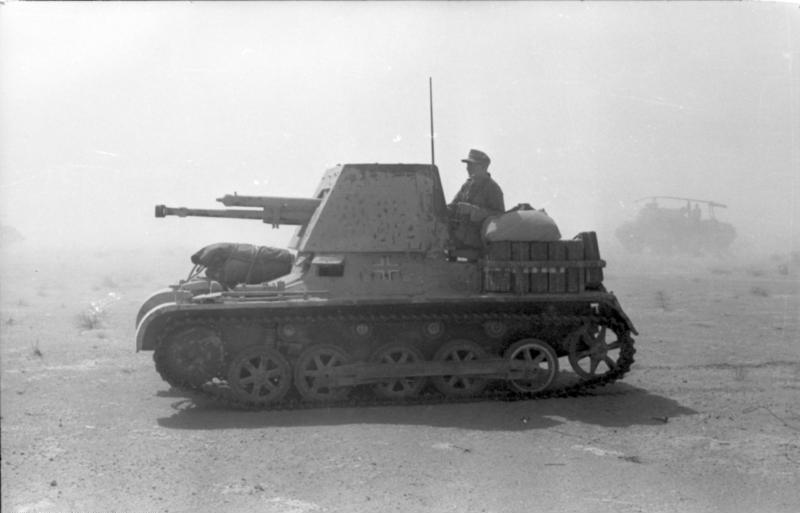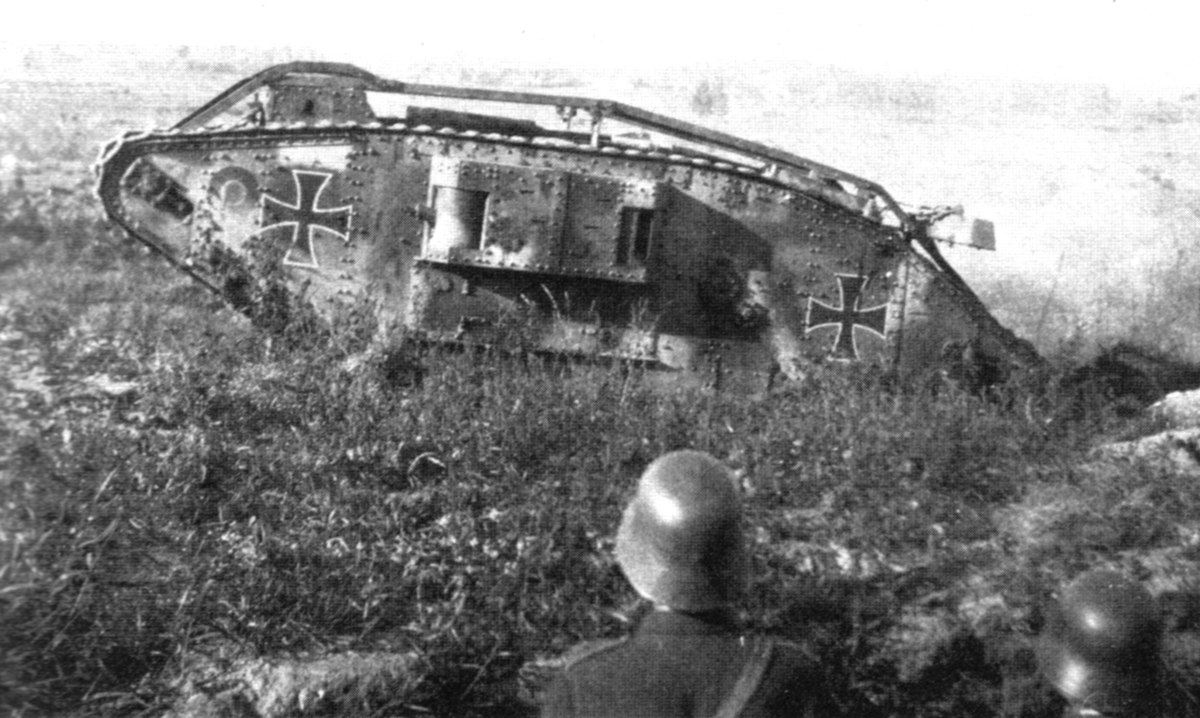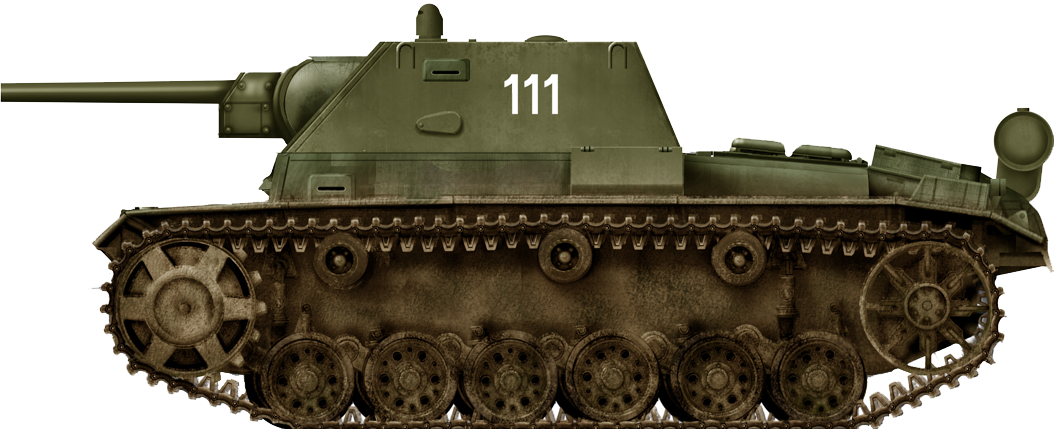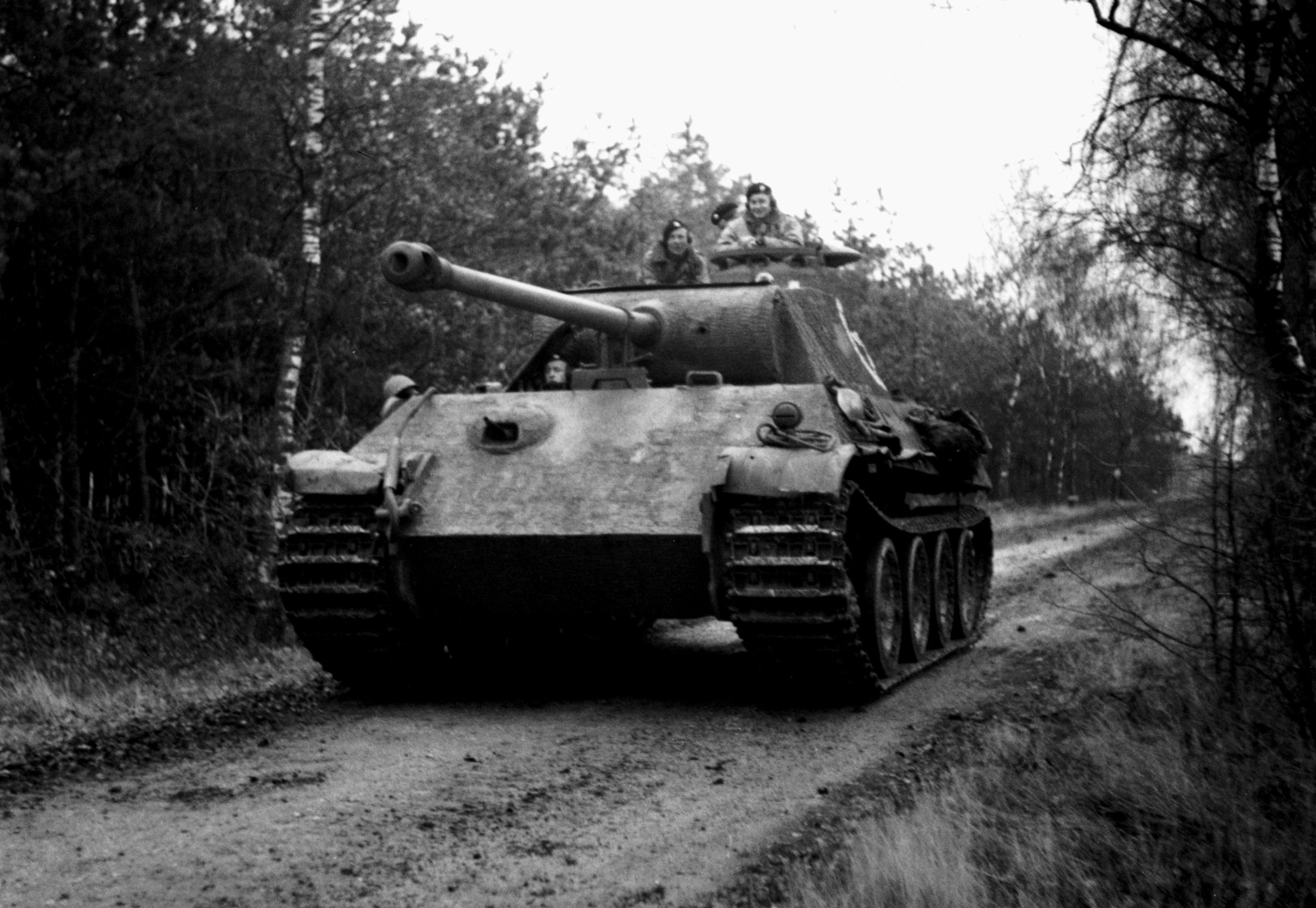Oil, and the need for it to run their war effort, was arguably one of the greatest if not the greatest complicating factor in the German war effort in World War II. To offset their own domestic lacking, the Germans turned to a very extensive-and expensive-program of synthetic fuel production which consumed massive resources and helped to engender the coal famine the Reich had to endure during the course of the war. Likewise, this need to find natural sources was a major motivator behind Germany strategy in both Operation Barbarossa and the Afrika Korps, with the dream of Middle Eastern as well as Caucasus oil fields being the end goal. The entire strategic framework on the Eastern Front in 1942, for example, was the need for a mad dash to the latter oil fields, to secure Grozny and Maikop; such would grant the Germans sufficient fuel production to enable the Luftwaffe to challenge the coming Anglo-American bombing offensive.
Ironically for the Germans, however, the solution to their issues was readily available to them and they barely missed finding them. To that which I refer is the
Matzen oil field and
Schoonebeek oil field in the Netherlands, both of which had come into German hands by the Spring of 1940 and collectively with 1940s technology readily available to the Germans could produce up to 3 Million tons on top of existing natural and synthetic production.
To put this into context:
Roughly 7 barrels is equal to 1 ton of oil, so the 3 million tons produced would equate to ~20 million barrels of fuel. This, from 1941 onward, means that the monthly shortfall would be reduced from 1.9 million barrels to just around 300,000 tons. This remainder could be eliminated via the Romanians, since the Germans would have the ability to adequately supply their coal needs without the expansion of their synthetic program to the same extent:
So let's say in 1938 after the annexation of Austria, Matzen is discovered and developed while Schoonebeek falls in 1940/1941. On the industrial level this confers many benefits:
- Without the focusing of the chemical industry on fuel, greater production of synthetic rubber can be achieved and thus a major bottleneck on German truck production would be removed. Obviously a net benefit to motorization and logistics capabilities of the Germans.
- Less need for coal for synthetics means more coal for steel production, with all that means for more planes, tanks, etc.
- As a sort of addendum to the above, the construction of the plants themselves consumed massive amounts of resources, in particular steel and manpower, which here can go to other purposes.
On the military level, the effects are also obvious:
- The Luftwaffe can achieve its 1942 expansion plane for plane outputs as well as maintain their training standards, preventing the collapse in quantity and quality of the LW that occurred over the course of the war.
- Training standards for truck drivers would not be reduced either, which was a major factor in truck losses in military operations from Barbarossa on; we are talking tens of thousands of trucks being saved from accidents and the like.
- The Afrika Korps would probably take a defensive-rather than offensive-stance in North Africa which would significantly delay any Allied progress in remove the Italians from Libya.
- The Germans could help supply the Italian Navy with fuel, making it more active and effective and thus likely have an impact on the campaign for Malta in 1940-1942.
- Finally, as alluded to earlier, there would be no mad dash for Maikop and Grozny in 1942. This means the Germans keep to their phased planning for the campaign, as well as avoid the debacle of sending 4th Panzer Army to Rostov. Case Blue would thus be a success and its likely the damage done to the Soviets in it would be fatal, leading to their collapse in 1943/1944.
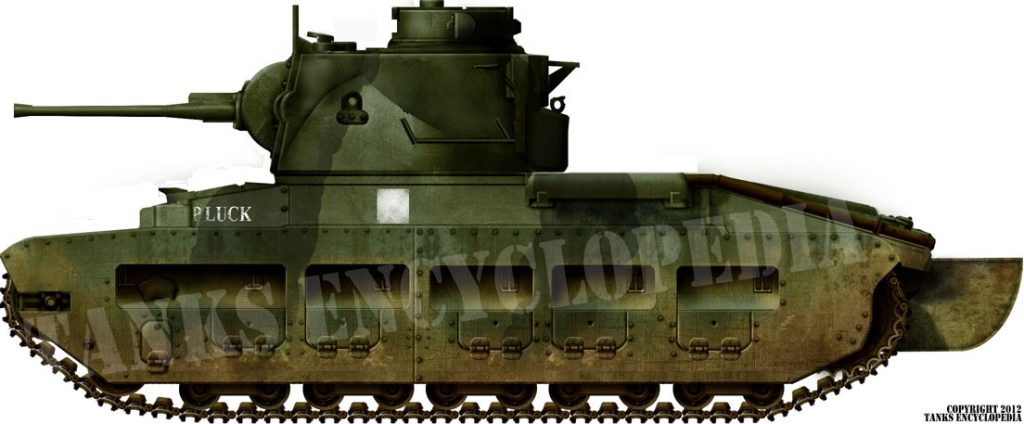
tanks-encyclopedia.com



